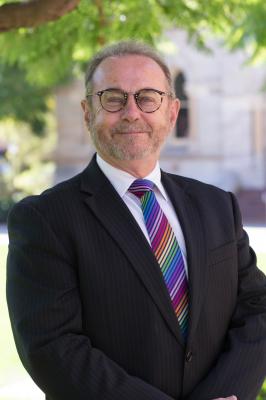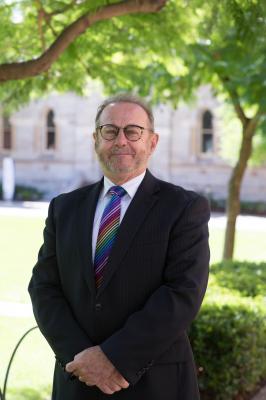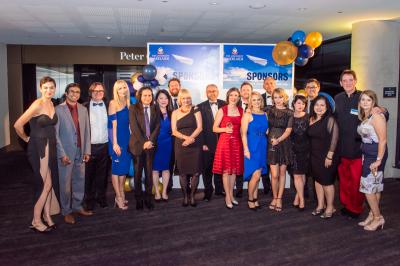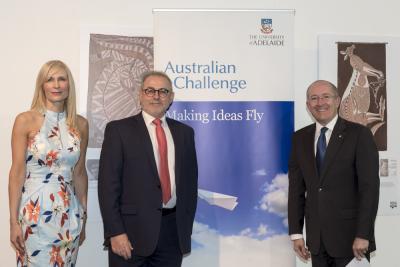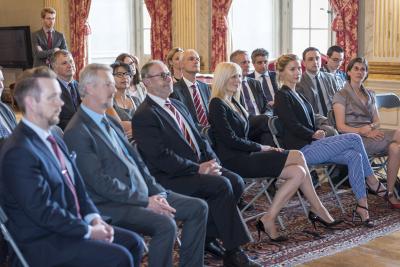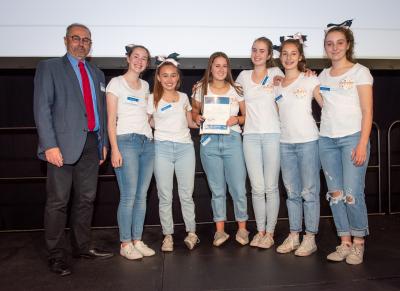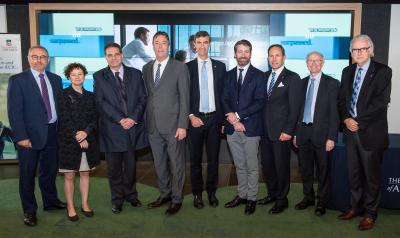My entrepreneurial leadership approach is all about team development and team cohesion. I identify an opportunity(ies) and provide a vision of how to achieve success, working with my team so that there is buy-in to the vision, and then encouraging them to support the vision in their own way. I let my team know what we need to achieve, but not how to go about achieving this. In this way, my team members grow as they work on developing strategies for achieving key objectives and the overarching vision. Team members may make mistakes in the process, but there are no penalties if this happens as making mistakes helps people to learn. My entrepreneurial competencies include being visionary and creative, opportunity focused, and resourceful. I develop and am responsible for implementing strategic plans regarding entrepreneurship and innovation across the University of Adelaide. But I am also responsible for fostering an overall supportive and dynamic environment that enables my team to manifest and deliver those strategic outcomes. That includes encouraging and supporting staff/students to undertake their own projects, and to build entrepreneurial competencies, such as creativity and risktaking. I am continuously looking for opportunities that will help our School/University to grow, and being entrepreneurial, I understand the need to attract key strategic people, financial, and other resources to support the establishment of entrepreneurial projects.



